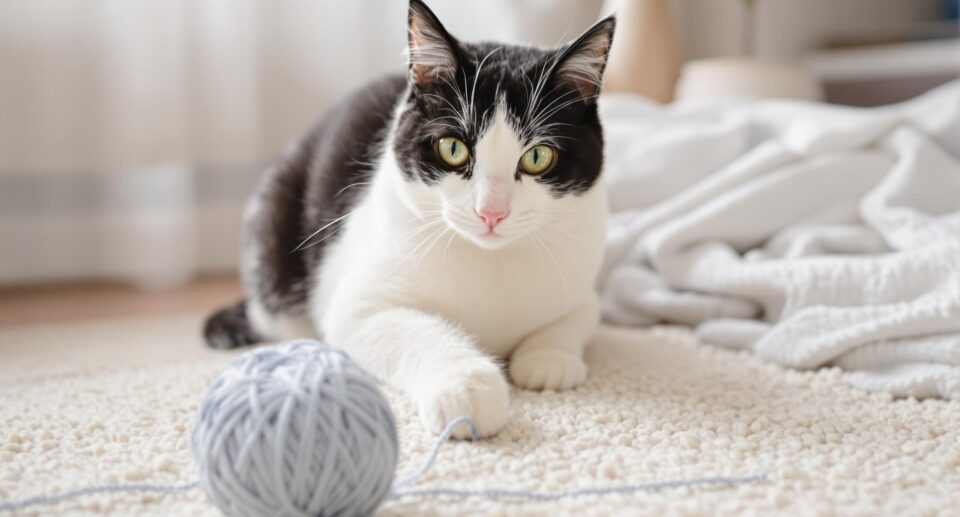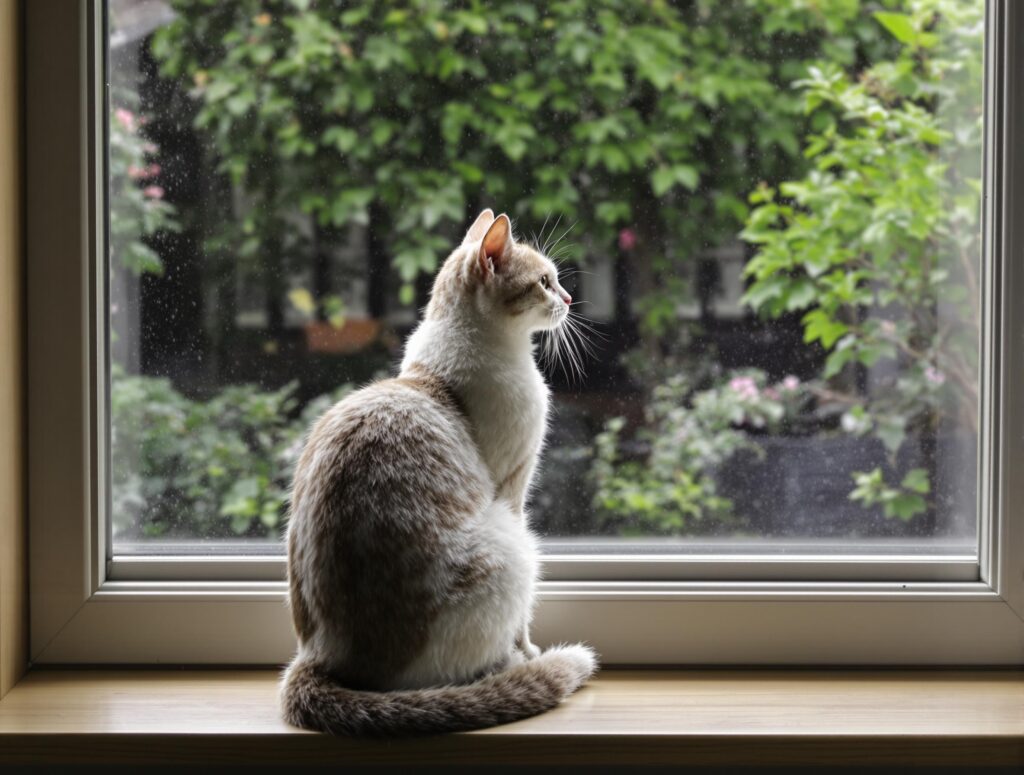Should I Adopt a Cat? 7 Essential Considerations

Thinking About Adopting a Cat?
Have you ever seen a cat and thought, “They’re so cute! I want one!” We all have at some point. But before taking the leap, it’s worth asking: Is this the right time? Can I meet their needs? Am I prepared?
So what does being “prepared” really mean? Let’s explore seven essential considerations to help you determine if adopting a cat is the right choice for you.
At PetHealthMD, we understand that bringing home a pet is a life-changing decision. If you decide to move forward, we’re here to guide you with trusted tips and insights to help you and your feline friend thrive together.
1. Are You Ready for a Long-Term Commitment?
Cats live an average of 14 to 20 years, especially indoor cats, who tend to live longer and healthier lives. Before adopting, think about how a pet will fit into your future plans—career changes, moves, or starting a family.
Caring for a cat evolves with time. Kittens need training and patience, while older cats often require more veterinary care. Budgeting for checkups and setting aside funds for unexpected expenses will help you stay prepared. If you’re in a transitional phase, fostering a cat can be a great way to prepare for future adoption.
2. Financial Responsibility: What Are the Costs of Owning a Cat?
Owning a cat involves both upfront and ongoing expenses. Here’s a general breakdown:
- Adoption fees: $25–$200 depending on shelter, breed, and health.
- Initial supplies: $100–$300 for essentials like a litter box, food, and bedding.
- Spaying or neutering: $100–$800.
- Monthly basics: Around $100 for quality food, litter, and enrichment toys.
- Wellness care: $200–$400 annually for checkups, vaccines, and preventatives.
- Optional services: Grooming or pet sitting can range from $15–$50 per session.
With thoughtful planning, cat ownership can comfortably fit into most budgets. If it’s not feasible now, you can always prepare financially before bringing your cat home.

3. Does Your Lifestyle Fit Cat Ownership?
A common misconception is that cats are low-maintenance pets. While they are more independent than dogs, cats still require time, attention, and daily care.
Can you commit to feeding routines, regular play, and maintaining a clean litter box? Even if you live in a small space or work full-time, cats can adapt well—especially with enrichment, vertical spaces, and consistent care.
4. How Much Space Does a Cat Need?
Cats don’t need large spaces, but they do need stimulating ones. Providing vertical territory with shelves, cat trees, or window perches can keep them active and content. Ensure your home is safe by securing windows, covering cords, and removing toxic plants like lilies and philodendrons.
Creating a safe, enriching space allows your cat to thrive—no matter how big or small your home is.
5. Understanding Cat Behavior
Each cat has its own personality. Some are playful and affectionate, while others prefer quiet companionship. Cats communicate through body language—tail flicks, ear twitches, and vocalizations.
Scratching and climbing are natural behaviors. Instead of punishing them, provide alternatives like scratching posts and mats. When choosing a cat, consider breed characteristics—some, like Bengals, are active and social, while breeds like Ragdolls are more laid-back.
For enrichment ideas and behavior aids, explore cat toys and accessories and cat grooming products at PetMeds.
6. Veterinary Care: What Medical Needs Do Cats Have?
Regular veterinary care is essential for keeping your cat healthy throughout its life:
- Routine checkups: Annual exams for early detection and vaccine updates.
- Vaccinations: Kittens start shots at 8 weeks; adults need boosters.
- Spaying/neutering: Recommended at 4–6 months to prevent health issues and unwanted litters.
- Parasite prevention: Fleas, ticks, and worms require ongoing protection.
- Emergency care: Be alert for sudden lethargy, appetite loss, or breathing issues.
- Long-term care: Aging cats may need treatment for arthritis, kidney disease, or dental concerns.
Visit our cat health products page to find vet-approved options for parasite prevention and overall wellness.
7. Adoption vs. Buying: Why Rescue Cats Make Great Companions
Adopting from a shelter gives a cat a second chance while helping you find a pet suited to your lifestyle. Shelters assess temperament, history, and needs, matching you with the right companion.
Adoption fees often include vaccinations, microchipping, and spaying or neutering, offering excellent value. Plus, many cat parents say rescue cats form strong, affectionate bonds with their adopters.

Frequently Asked Questions About Cat Adoption
What’s the Best Age to Adopt a Cat?
Kittens (2–6 months) are playful and need frequent attention, while adults (1–7 years) often fit easily into family routines. Senior cats (8+ years) make calm, loving companions.
How Can I Manage Cat Allergies?
Use HEPA air purifiers, clean weekly, and establish pet-free bedroom zones. Allergy shots or medications may also help reduce symptoms.
What Should I Ask When Meeting Potential Cats?
Learn about their personality, health, and history with children or other pets to ensure a good match.
Do Breed Characteristics Matter?
Yes. Breeds vary in grooming needs, temperament, and activity levels. Understanding traits helps ensure compatibility.
What Should I Prepare for the First Week?
Set up a quiet room with essentials—food, water, a litter box, and cozy hiding spots. Keep a consistent routine and allow your cat time to adjust.
Ready to Welcome a Cat Into Your Home?
Opening your heart and home to a cat creates a lifelong bond filled with joy and companionship. With the right preparation, you can ensure your new pet feels safe and loved from day one.
At PetHealthMD, we’re here to guide you with trusted advice and veterinarian-backed resources. When you’re ready to bring your cat home, visit the Cat Supplies category at PetMeds to find everything you need—from nutrition and grooming essentials to health care products—to give your feline friend the best start.





